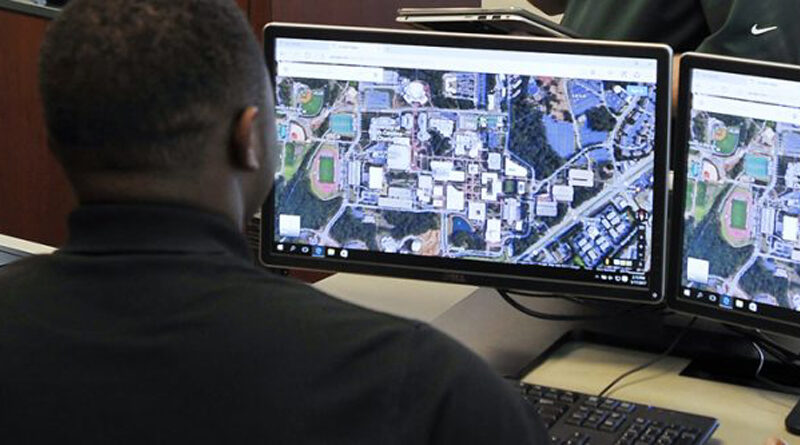Charlotte Advances As A Top-Tier Research University With NCRC Partnership
By Jordan Estabrook
UNC Charlotte has a long-standing partnership with the North Carolina Research Center (NCRC) in Kannapolis. Due to this collaboration, UNC Charlotte and NCRC are finding innovative ways to assist local organizations in a cost-effective way to benefit the community.
Just north of Charlotte, the NCRC conducts scientific nutrition, agriculture and human health through research. Scientists from various universities, industries, government and non-profit organizations work to study and promote healthy lifestyles and prevent, treat and cure today’s prevalent diseases. This includes cancer, diabetes, obesity, Alzheimer’s and other related disorders.
Part of UNC Charlotte’s contribution to their research efforts consists of determining how to transfer chemicals to local nonprofit organizations safely and donating research materials.
Another part of this initiative from the Environmental Health and Safety office, led by Darius Griffin, director of Environmental Health and Safety, and John Svenson, associate director of Environmental Health and Safety, is improving operational strategies.
“As an indirect benefit, these donations also enhance opportunities to integrate services across University divisions,” explained Griffin, “This will reduce the regulatory compliance burden and foster a high-achievement culture.”
Together, they secured research materials donations with an estimated value of $1,046,919. The research material donations included chemicals, laboratory materials and a variety of columns used for research analysis.
From the cost savings of $1,046,919 for research materials, faculty can reinvest operating funds into other research projects, supporting the expansion of academic and research discovery.
“This partnership effort for the North Carolina Research Center is important to the University’s goals,” said Griffin. “The biggest one being the University achieving national prominence as an emerging, top-tier research university.”
While the partnership elevates the University, John Bogdan, associate vice chancellor for safety and security, emphasizes the importance of spurring fiscally responsible research by and through community ties to other research centers and organizations.
“This effort directly contributes to the University’s strategic goals in several areas,” started Bogdan. “However, I believe this is an excellent example of supporting the University in achieving national prominence as an emerging, top-tier research university, by stimulating productive research community partnerships and providing significant fiscal savings for research.”
Svenson sees this as an excellent opportunity to provide support to another university.
“The technical expertise of our dedicated staff in EHS gives us a unique opportunity to support these projects,” said Svenson. “Many donated materials are hazardous and require special transportation and storage that our staff can provide. It gives us great pleasure to support a growing research university.”
Environmental Health and Safety office continues its relationship with NCRC, building new bridges for important research and innovative practices, helping Charlotte and the surrounding community and beyond.

